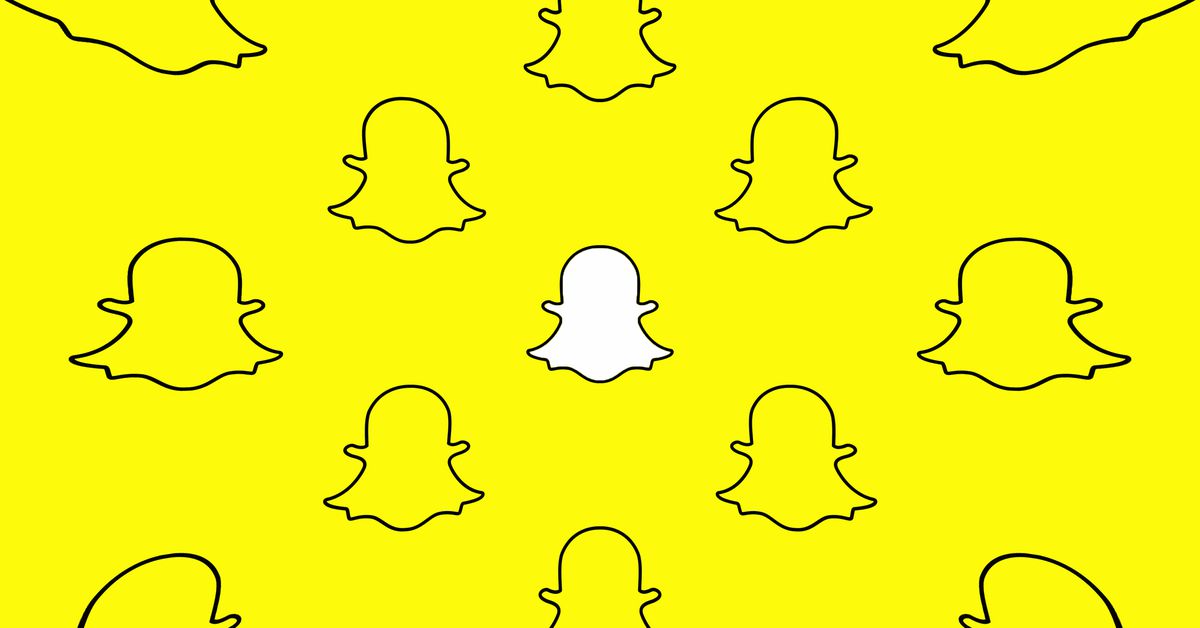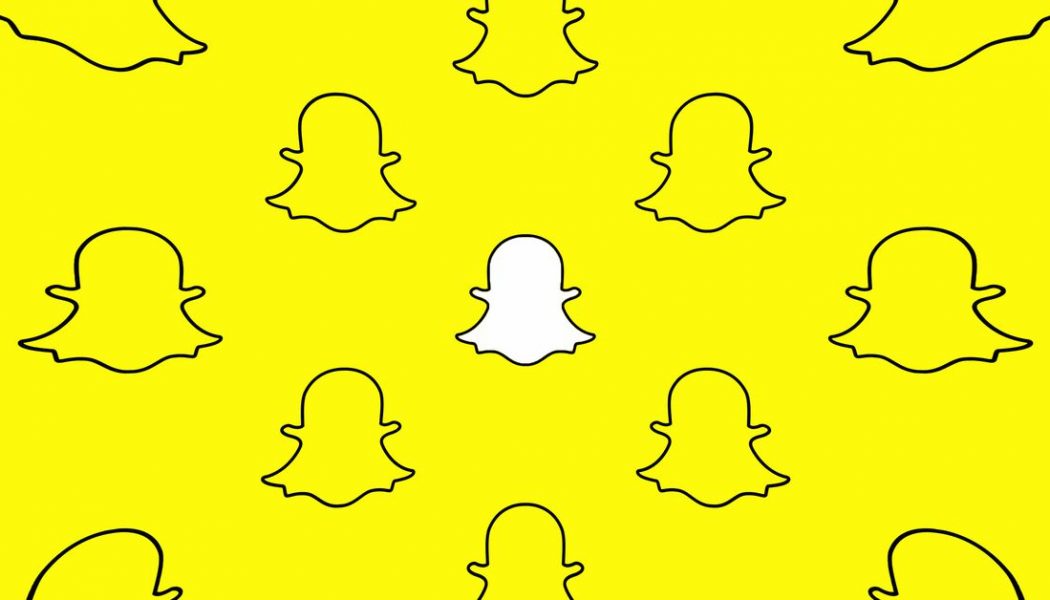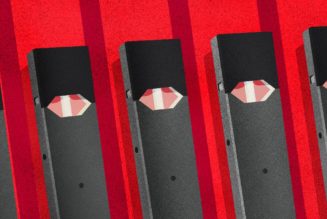
In its latest filter blunder, Snapchat has debuted a Juneteenth filter that allows users to “smile and break the chains.” The filter was panned by critics on Friday morning for its tone deafness.
Atlanta-based digital strategist Mark S. Luckie demonstrated the filter on Twitter, calling it “interesting.” The filter shows what appears to be an approximation of the Pan-African flag, and prompts the user to smile — a common trigger for animated Snapchat filters — causing chains to appear and then break behind the user.
Juneteenth is the anniversary of the day in 1865 when a group of enslaved people in Texas finally learned that slavery in the US had ended, more than two years after Abraham Lincoln signed the Emancipation Proclamation.
The Juneteenth filter arrives just over a week after report surfaced that Snap CEO Evan Spiegel was delaying the public release of the company’s diversity stats because he was concerned that “all these disclosures have actually normalized the current composition of the tech workforce.” He told CNBC in a June 11th interview that Snap was “actually inventing a new way right now to release that information and also make it clear about the plans we have to include representation at Snap and more broadly, in the industry.”
Spiegel said of the company’s diversity stats that “Snapchat looks like most other technology companies in terms of representation.” Most Silicon Valley tech firms skew heavily white and male. Snap has been one of the few Silicon Valley companies to never release a diversity report.
Snap did not immediately respond to a request for comment on Friday. The most recent tweet on the Snap Inc. Twitter account, dated June 1st, links to a statement from Spiegel and says “We condemn racism. We must embrace profound change. It starts with advocating for creating more opportunity, and for living the American values of freedom, equality and justice for all.”
It isn’t the first time a Snapchat filter has gone badly awry. In 2017, it honored International Women’s Day by offering filters of famous women like Frida Kahlo, Rosa Parks, and Marie Curie, but added smoky eye makeup and a face “thinning” effect to the Curie filter. It had two misfires with filters in 2016: it released a Bob Marley filter in honor of 4/20 that put users’ selfies in what many users felt amounted to digital blackface, and later that year made an anime-inspired filter that created “yellowface” caricatures of Asians.










